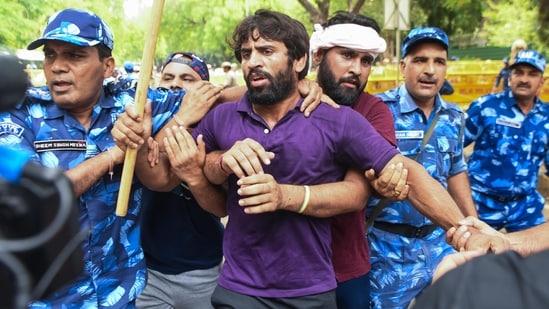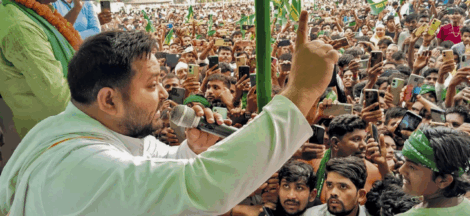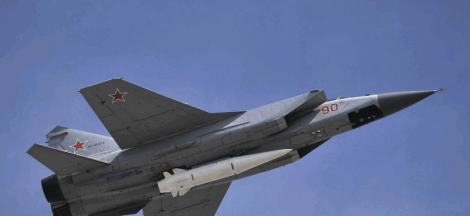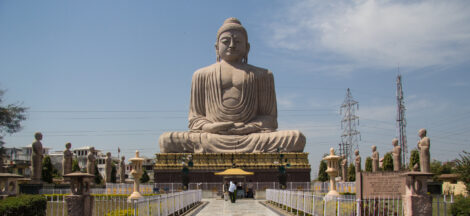Indian wrestler Bajrang Punia’s appeal for interim relief was denied by the Delhi High Court on Wednesday, as the court asked the National Anti-Doping Agency (NADA) to respond to the provisional suspension imposed on him. Punia, a prominent figure in Indian wrestling and an Olympic medalist, had sought immediate relief to participate in forthcoming competitions while challenging the suspension.
Punia’s legal team argued that the suspension was unjust and hindered his ability to compete in key events. They contended that the provisional suspension imposed by NADA, which came after an alleged anti-doping rule violation, was impacting his training and competitive schedule. The request for interim relief aimed to allow Punia to continue competing while the main case against the suspension was being adjudicated.
The High Court’s decision to deny interim relief means that Punia will remain suspended until a thorough examination of the allegations and NADA’s response is completed. This ruling has significant implications for Punia, who has been a leading athlete for India in international wrestling events and has expressed concerns that the suspension could affect his chances in upcoming competitions, including the Asian Games and potential qualifiers for the 2024 Olympics.
NADA’s provisional suspension of Punia was based on allegations of a doping violation, which he has vehemently denied. The agency’s decision followed a routine test that reportedly detected a banned substance in his system. Punia’s team has criticized the testing process and the provisional suspension, arguing that it lacks transparency and fairness.
The legal battle between Punia and NADA has attracted considerable attention, reflecting broader concerns about doping regulations and their impact on athletes’ careers. Punia’s supporters argue that the suspension is premature and that athletes should have a fair chance to contest allegations before facing such severe consequences. They also emphasize that allegations should not overshadow the achievements and dedication of athletes who have contributed significantly to their sports.
As the High Court has requested a detailed response from NADA, the agency is expected to provide an explanation of the evidence and procedural aspects behind the suspension. This response will be critical in determining the next steps in the legal proceedings. The case has heightened scrutiny on anti-doping regulations and the balance between enforcing strict rules and ensuring fair treatment for athletes.
The outcome of this legal process could have broader implications for how doping cases are handled in Indian sports. It highlights the ongoing debate about the effectiveness and fairness of anti-doping measures, and the challenges athletes face in navigating these complex issues. Punia’s case is being closely watched by sports communities, legal experts, and anti-doping agencies globally, as it may influence future policies and procedures related to doping allegations.




 Manipur Suspends Mobile Internet, Shuts Schools Amid Violent Clashes
Manipur Suspends Mobile Internet, Shuts Schools Amid Violent Clashes 